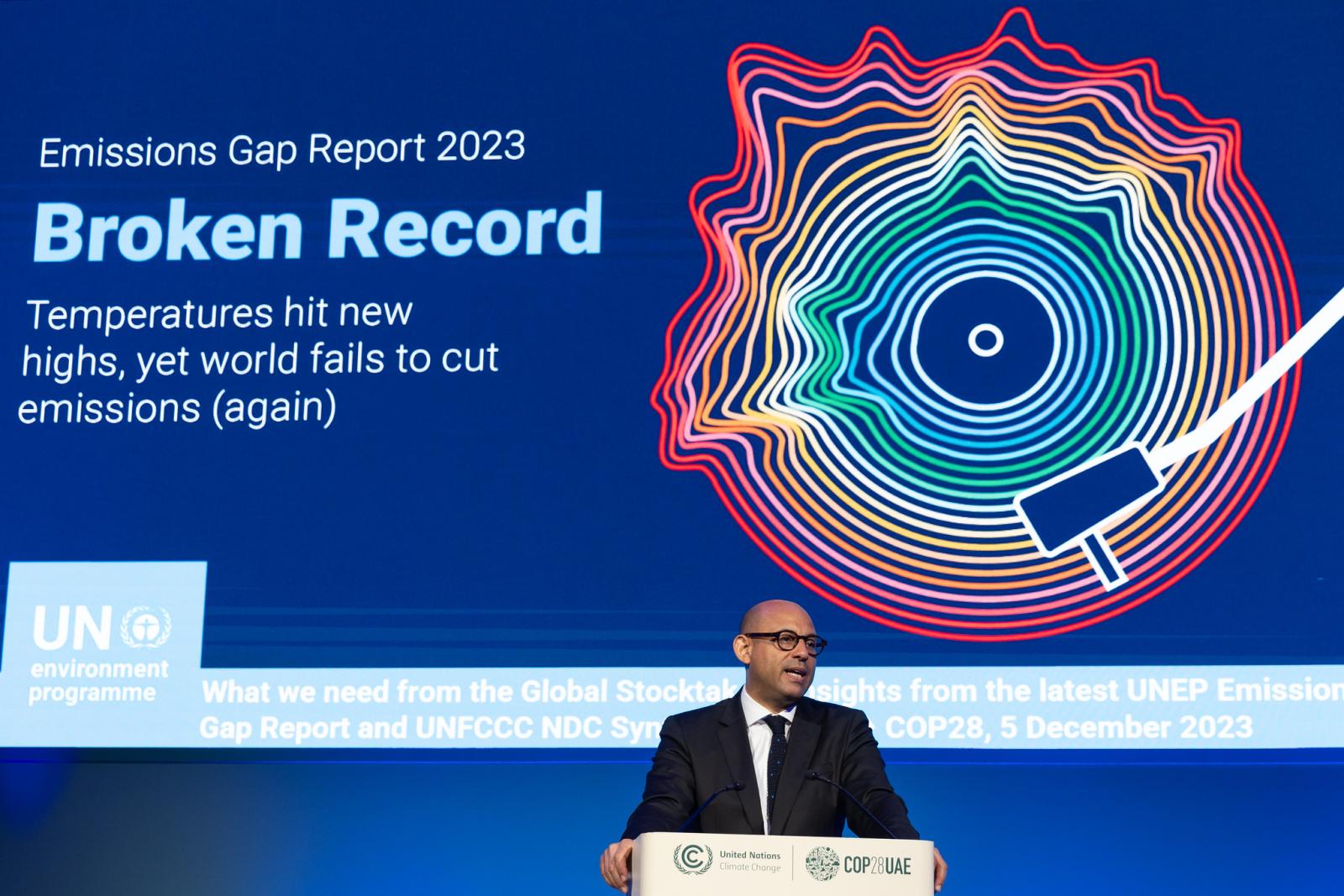On the 13 November, some members of the European Parliament in Brussels, even via live streaming, discussed the research and development budget for the next framework program. The subject is very topical as it is estimated that the economic crisis may affect the future expenses of a sector which is increasingly receiving less support on a national level in many countries, amongst which, Italy. Up until now, the opinions of the Member States at the European Council headquarters have been all too clear: the expenses for R&S for the period 2014-2020 should be raised to € 80 billion, from the € 53 billion for the 7th Framework Program in the period 2007-2013. However, owing to the persistence and intensification of the economic crisis, which is already serious in some Member States, re-considerations have been made including reductions to the budget. This is not acceptable by the European Parliament. Generally, it is considered that money spent on research is well spent and leads to growth and employment. This notion has been included in most of the documents of European institutions over the last 2 years. In this way, Europe is able to seriously grasp the opportunity to present itself as an economy based upon knowledge and innovation by means of intelligent, sustainable growth, which includes historic variations and recent social elements. In simpler terms, the € 80 billion needed for the research program is not negotiable.
In fact, the European Commission balance sheet primarily serves to coordinate and strengthen the efforts of Member States to restart growth and create employment within Europe; if the Member States acted independently, they would not be able to fight the competition presented by developing countries. Human capital, education favoring a society based on knowledge, the development of infrastructures, research, innovation, new technologies, must all become the characteristic elements of a continent looking to the future. Additionally, the knowledge absorbed must be made available to European industries, bearing in mind that small and medium-sized companies (SMEs) will represent the central characters overseeing the restart of growth and development. In this way, investment in research and development must take into consideration the application of results and the development of advanced manufacturing.
In terms of the strategic importance of significant European infrastructure projects, there is no doubt: ITER (the International Thermonuclear Experimental Reactor program which relates to the creation of a nuclear fusion reactor able to produce more energy from the fusion process than is used to initiate and sustain it), Galileo (the European satellite navigation system) and GMES (the Global Monitoring for Environment and Security project which aims to monitor changes on our planet), have been all designed to ensure the future competitiveness of the European Union. However, the financing of these projects must remain separate and must be guaranteed, otherwise it would threaten the correct application of Horizon 2020. There is no more time to revisit the architecture and detailed analysis which led to the establishment of Horizon 2020. The European Parliament must give more attention to how the resources are used, immediately selecting the priorities for Horizon 2020 in light of the persistence of the crisis. There are also a series of political implications to bear in mind, which relate to the relationships between the European Council, the parliament and relative parties. Among these, it is important to keep the R&S budget for 2013 separated from future issues. This will lead to a total of € 11 billion, which could seem to suggest that the € 80 billion for Horizon 2020 are not that different from the 2013 budget multiplied multiplied by seven years. However, those relying on European financing to ensure the progress of their research work are faced with a serious problem, which is lost when discussions mainly focus on the future. The latest projects of the 7th Framework Program are being assessed at present and those who are successful will be financed next year as part of the 2013 budget. To secure new financing for projects launched during 2014, it will be necessary to wait until the end of 2015. There will be a whole year without any financing, which is a real problem during times of crisis.


